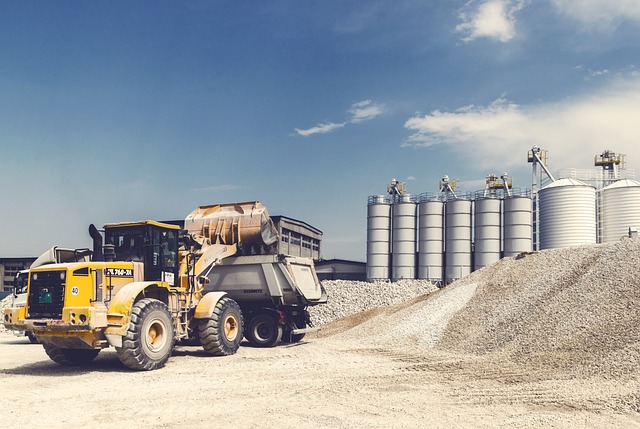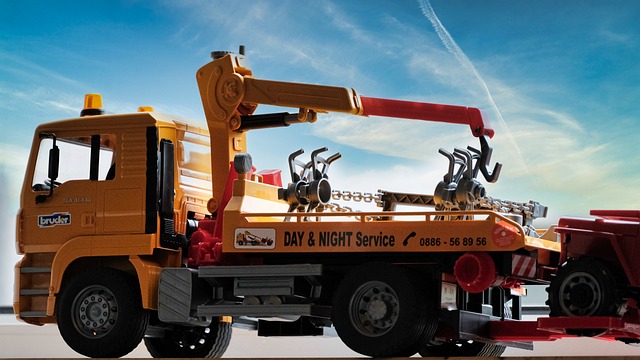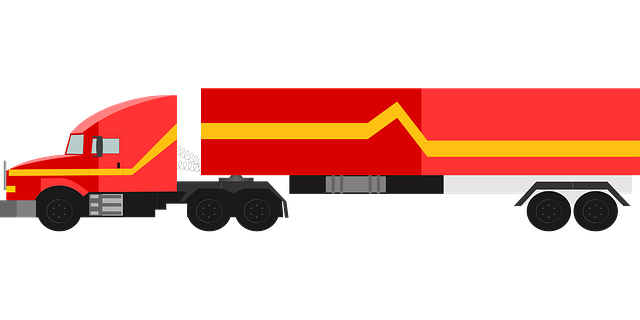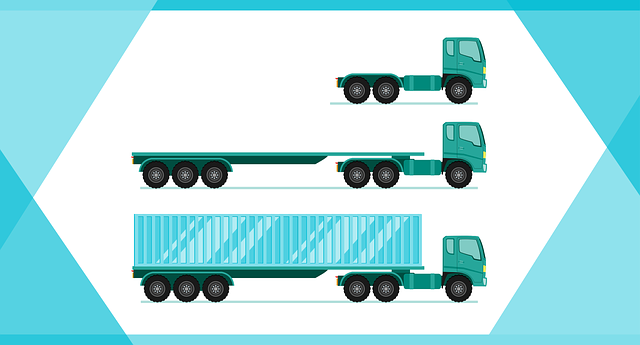Tow truck insurance is crucial for protecting your towing business from various risks. A comprehensive policy should cover tow truck liability, roadside assistance, and wear and tear on vehicles. It ensures operational security by safeguarding against unexpected issues like mechanical failures, accidents, and natural disasters. To secure the best rates and coverage, compare quotes from insurers specializing in towing service insurance, focusing on robust tow truck coverage and liability protection for property damage and personal injury. Regular policy reviews are essential to align rates with unique business needs. Strategically managing roadside assistance insurance benefits, including optional endorsements, ensures reliable support throughout.
In the competitive world of towing services, ensuring adequate insurance coverage is non-negotiable. Tow truck insurance policies protect your business from unexpected liabilities, offering peace of mind on the road. This article guides you through essential aspects of tow truck insurance, including understanding requirements, key components of comprehensive coverage, and strategies to secure competitive rates for your towing business. Discover how to maximize roadside assistance benefits, navigating the landscape of tow vehicle insurance with confidence.
- Understanding Tow Truck Insurance Requirements
- Key Components of Comprehensive Tow Truck Coverage
- How to Get Competitive Rates for Your Towing Business
- Maximizing Roadside Assistance Insurance Benefits
Understanding Tow Truck Insurance Requirements

Tow truck insurance is a crucial aspect for any business involved in towing services and roadside assistance. Understanding the specific coverage needs is essential to ensuring the protection of both your business and your employees. A comprehensive tow truck insurance policy should cater to several key areas. Firstly, it must cover the liability associated with towing operations, including potential damage or injuries caused during the towing process. This includes not only the physical vehicle being towed but also any surrounding property.
Additionally, roadside assistance insurance is a valuable component, offering protection for unexpected situations that may arise during routine calls. This can include coverage for mechanical failures, flat tires, and battery-related issues. Comprehensive tow truck coverage should also extend to the tow vehicle itself, protecting it from wear and tear, as well as potential accidents or natural disasters. Such insurance ensures that your business remains operational and financially secure, allowing you to provide reliable services without constant worry about unforeseen circumstances.
Key Components of Comprehensive Tow Truck Coverage

When considering tow truck insurance, it’s crucial to understand the key components that comprehensive coverage should encompass. A robust towing business insurance policy protects against a multitude of risks unique to the towing industry. This includes tow truck liability, which shields against claims arising from accidents or damage caused during tow operations, and roadside assistance insurance, covering the cost of services provided at the scene, such as battery boosts or tire changes.
Comprehensive tow truck coverage goes beyond these basics. It typically includes protection for your tow vehicle insurance, ensuring that your fleet is safeguarded against wear and tear, theft, or damage while in storage or during transportation. Moreover, it may offer incentives for safety training and equipment upgrades, enhancing not just your insurance coverage but also the overall efficiency and reliability of your towing service.
How to Get Competitive Rates for Your Towing Business

To secure competitive rates for your towing business, start by comparing quotes from multiple insurers. Tow truck insurance providers often offer specialized policies tailored to cover the unique risks associated with towing services. Look for comprehensive tow truck coverage that includes liability protection against property damage or personal injury during roadside assistance and towing operations.
Consider additional endorsements for specific aspects of your business, such as vehicle loss or theft, or if you provide specialized services like long-distance towing. Bundling your insurance needs—including liability, property, and potentially workers’ compensation—can also lead to significant savings on your tow truck insurance premiums. Regularly review your policy and claims history to ensure you’re getting the best rates for your towing business.
Maximizing Roadside Assistance Insurance Benefits

Maximizing Roadside Assistance Insurance Benefits
Comprehensive tow truck insurance is designed to protect your business from a wide range of risks, including roadside assistance claims. Effective coverage ensures that your towing service can provide reliable support without financial strain. By understanding your policy’s terms and conditions, you can maximize the benefits of roadside assistance insurance. This includes ensuring that your policy covers various services such as battery boosts, tire changes, and fuel delivery.
When selecting or reviewing tow truck insurance, pay close attention to the liability coverage limits. Towing businesses often face high-value claims due to property damage or personal injuries during towing operations. Adequate liability coverage protects your business from potential financial ruin. Additionally, consider optional endorsements that can enhance your tow vehicle insurance, offering more specialized coverage for specific risks associated with your towing service.
When it comes to insuring your towing business, understanding the key components of a comprehensive policy is essential. By navigating the various requirements and leveraging strategies to secure competitive rates, you can ensure your operation stays protected while maximizing roadside assistance benefits. Remember, the right insurance for tow trucks isn’t just about meeting minimums; it’s about safeguarding your investment, maintaining customer satisfaction, and mitigating risks in this vital industry.
